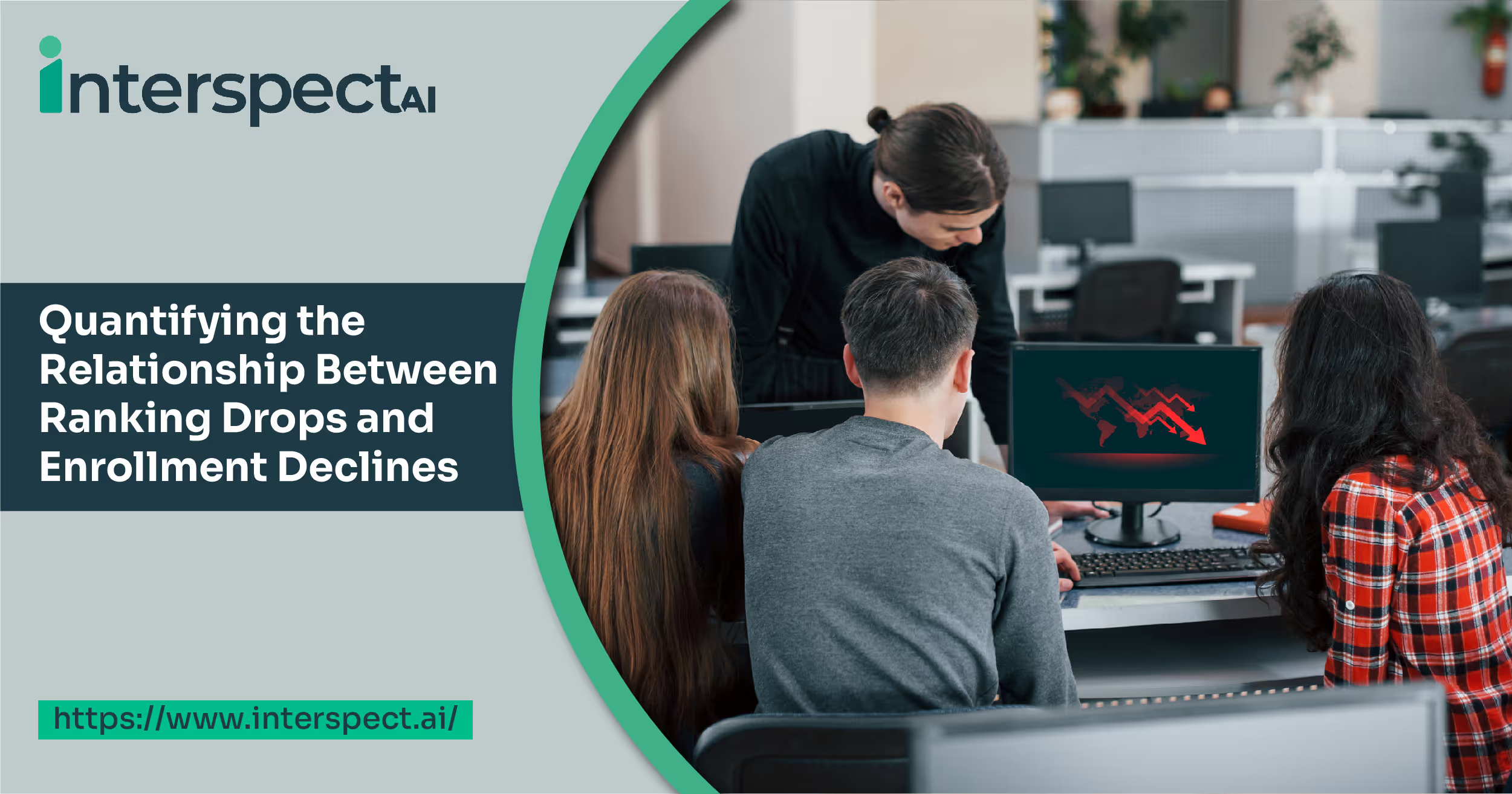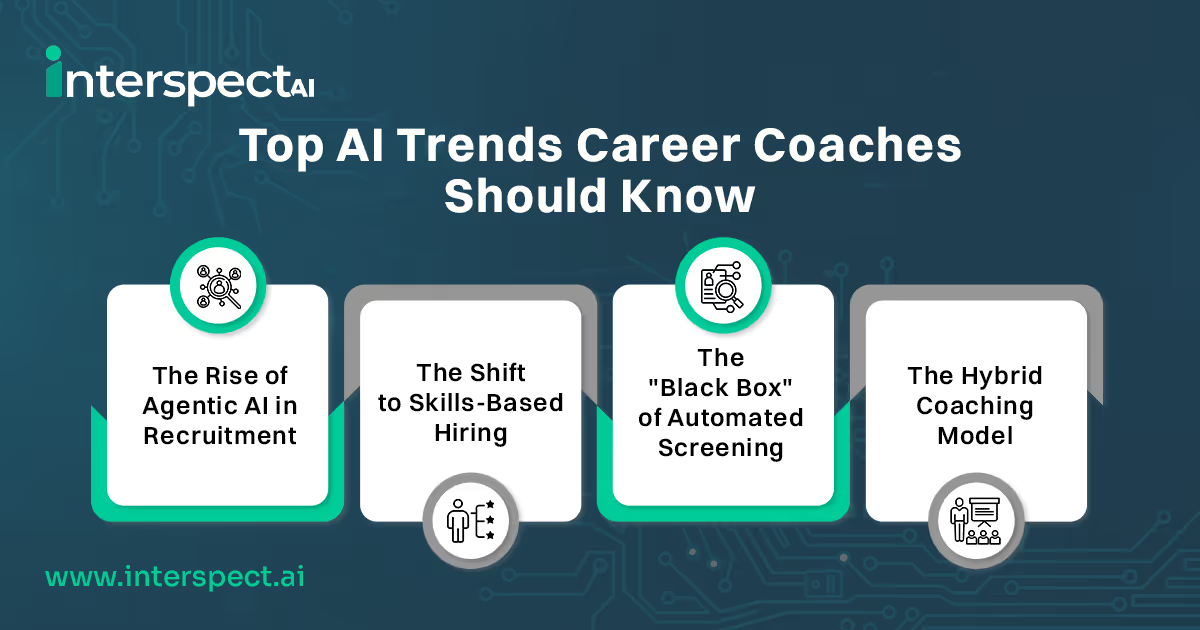
The year 2026 marks a strategic inflection point in talent acquisition. Organizations face a critical skills gap and intense global competition for specialized roles. Compounding this challenge, the continued retirement of the Baby Boomer generation is accelerating, creating a significant void of institutional knowledge and available workers that must be filled quickly.
In this high-stakes environment, speed and accuracy are non-negotiable. Top candidates are available for a limited time, making slow internal processes synonymous with competitive failure. The strategic mandate is clear: AI-powered recruiting is the only way to transform HR from a reactive, administrative function into a proactive, predictive strategic partner.
Here are the definitive competitive advantages organizations can expect to gain by integrating AI-driven recruiting platforms by 2026.
1. The New ROI: Radical Speed and Operational Scale
The most immediate competitive gain from AI is the radical improvement in hiring velocity, which protects revenue lost due to role vacancies.
I. Accelerated Time-to-Hire (TTH): AI-powered, end-to-end recruitment pipelines typically reduce the overall Time-to-Hire by 40–60%. This is achieved by automating the most time-consuming administrative tasks, resulting in direct cost-per-hire reductions of 30–40%.
II. Unprecedented Velocity: AI systems drastically cut the Time-to-Interview (TTI)—the time elapsed between identifying a candidate and scheduling their first interview—from approximately 21 days to under 7 days. This rapid, 24/7 engagement reduces application drop-off by up to 30%.
III. Administrative Freedom: The most advanced systems, leveraging agentic AI, can reduce manual administrative work (like screening, scheduling, and data entry) by an average of 45%. This frees recruiters to handle higher requisition volumes and focus on strategic human connections.
2. Strategic Quality, Objectivity, and Skills-First Hiring
While speed is necessary, the strategic advantage lies in the quality and ethical consistency of the resulting hires.
I. Skills-First Priority: By 2026, skills-first hiring focusing on verifiable credentials, certifications, and portfolios over degrees would be the default. AI is the only infrastructure capable of matching candidates based on granular, real-time skill validation at scale, expanding the addressable talent pool.
II. Predictive Assessment: AI-driven platforms shift decision-making from subjective instinct to data-driven prediction. These tools leverage predictive analytics to combine historical data with new hire performance, accurately estimating which candidates are most likely to achieve long-term retention and success. Teams using structured, AI-supported interviews report 24–30% higher assessment consistency.
III. Bias Reduction as a Business Imperative: Ethical AI is a powerful strategic advantage, not just a compliance checkbox. By standardizing evaluation criteria and using Non-profiling algorithms, AI ensures candidates are evaluated on objective criteria relevant to the job. This objective approach directly contributes to a more diverse workforce, with one multinational firm reporting a 20% increase in the representation of underrepresented minorities within one year of implementation.
Introducing Spectra: Your Agentic AI Recruiting Partner
The Spectra by InterspectAI is engineered to deliver this next-generation competitive edge through agentic AI.
Spectra is built to "hear, see, reason, and speak," providing human-like, hyper-personalized interactions at enterprise scale. Its core recruitment solution, SpectraHire, automates the entire end-to-end workflow—from screening and scheduling to candidate nurturing—within a single platform.
Key differentiators for Spectra include:
- Unbiased Assessment: The platform uses non-profiling algorithms to eliminate unconscious bias, providing objective, evidence-based metrics, such as skill-match scores and behavioral insights.
- Structured Data: The platform captures full video interviews and instantly generates automated scores. Crucially, it extracts all interview data into a structured format (JSON) for seamless integration with business intelligence tools.
- Compliance Moat: Designed for highly regulated industries, the platform attests to compliance with SOC 2 Type 2, GDPR, CCPA, and HIPAA.
The Evolution of the Recruiter: Strategic Talent Advisor
The integration of AI ultimately augments, rather than replaces, the human recruiter. Agentic AI takes over the transactional workflows, allowing recruiters to shift their focus from administrative drudgery to the uniquely human, high-impact work that drives true competitive success.
The recruiter's new role is that of a Strategic Talent Advisor, focusing on building deep relationships, negotiating complex offers, and providing consultative guidance to C-suite leaders on workforce planning and long-term talent strategy. The most competitive organizations in 2026 will be those that master this symbiotic human-AI partnership.
Ready to Transform Your Interview Workflows?
The future of assessment is autonomous, objective, and integrated. Stop relying on static forms and basic automation for high-stakes decisions.
Request a Demo of the Spectra today to see how seamless, scalable AI-driven interviews can fuel growth and provide clear, quantifiable insights across hiring, market research, and compliance.
Frequently Asked Questions (FAQs)
Q: How much does AI typically reduce the time it takes to hire?
AI-powered recruiting platforms typically reduce the overall time-to-hire (TTH) by 40–60%. Furthermore, AI systems can shorten time-to-interview (TTI) from approximately 21 days to under 7 days, significantly reducing candidate drop-off.
Q: Will AI replace the role of the human recruiter by 2026?
No, AI will not replace recruiters, but it will fundamentally change their role. AI excels at automating repetitive, data-intensive tasks (e.g., scheduling and screening), freeing recruiters to focus on strategic, high-value activities that require human judgment, such as relationship building and consultative advice.
Q: How does AI ensure fairness and reduce bias in the hiring process?
Ethical AI platforms use Non-profiling algorithms to standardize evaluation criteria, focusing strictly on objective, job-relevant skills and behavioral answers rather than subjective or demographic data. This ensures consistency (up to 30% higher assessment consistency ) and makes all decisions auditable.
Q: What is the benefit of integrating AI with ATS and HRIS platforms?
Integrating AI with Applicant Tracking Systems (ATS) and Human Resource Information Systems (HRIS) creates a unified view of the talent lifecycle. This eliminates manual data entry errors, accelerates the onboarding process, and provides superior analytics that link external hiring data to internal performance and succession planning.
Subscribe to The InterspectAI Blog


%201.svg)








